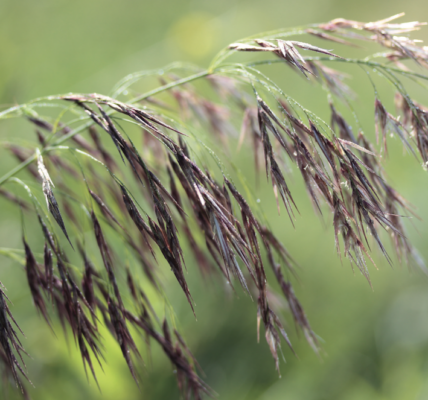Seasonal allergies can put a damper on even the most wonderful outdoor adventures. On some occasions, symptoms can even manifest in people who spend most of their time indoors. Seasonal allergies generally reach their peak during the spring and summer months, ruining outdoor barbecues, hikes, and beach days with one quick gust of pollen. Staying inside all spring and summer isn’t an option for many people, nor is it a very enjoyable way to spend the season. Luckily, there are several ways you can avoid severe allergy triggers with a bit of planning and preparation. This guide explores three tips for preventing seasonal allergy symptoms so you can make the most of the coming warm weather.
Make sure you tend your garden
April showers and May flowers are often to blame for many seasonal allergy symptoms. This springtime weather stirs up pollen and incites growth that can worsen allergy symptoms throughout the spring and summer seasons. As such, it’s best to nip these triggers in the bud, literally. As allergy season begins to set in, ask a friend or loved one to tend to your lawn and garden. Trim back overgrown plants, rid your yard of unwanted weeds, and remove any dead plants that didn’t survive the winter. Such plants can easily become a breeding ground for mold, which will only worsen seasonal allergy symptoms. If possible, consider employing a landscaping service to mow your lawn and tend your gardens regularly. These chores can worsen symptoms for those with seasonal allergies, so it’s best to leave it to those who will be unaffected. Be sure to dispose of all yard waste promptly, as well, as these items can also grow mold and worsen symptoms.
Know your allergy triggers
One of the best tips for preventing seasonal allergy symptoms is to familiarize yourself with your allergy triggers. Everyone who experiences seasonal allergies has different triggers. A trigger that might cause severe symptoms in one person may not present as much of a problem in another. Knowing your allergy triggers will help you better mold your lifestyle to accommodate your needs. If you are unsure about your specific allergy triggers, schedule a visit with your physician for an allergy test. These generally consist of a scratch test in which the doctor applies various allergens to your skin and analyzes your body’s reaction. These tests are rather quick and easy and can provide you with valuable information about how to manage your individual allergy symptoms.
Keep indoor air clean
Sometimes, the best way to avoid allergens is to hunker down inside and simply wait it out. In some instances, however, you may still experience seasonal allergy symptoms when indoors. To avoid this, make sure that your indoor air is clean and that your home is clear of dust and mold. Have a professional service your home’s HVAC system at the beginning of allergy season to ensure it will be in good working condition when pollen counts inevitably spike. You may also benefit from a humidifier or a dehumidifier, depending on your specific allergy symptoms and triggers.





